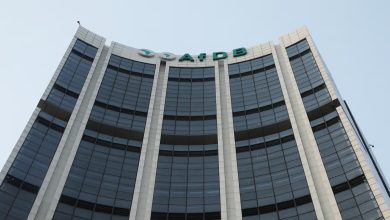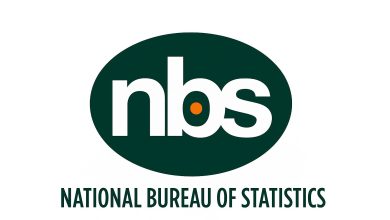World Bank Says Nigeria’s Single-Digit Inflation Goal Unrealistic
The World Bank says Nigeria’s goal of achieving single-digit inflation soon is unrealistic due to persistent economic challenges.
It cited a weak naira, costly fuel, and food inflation as key obstacles.
The World Bank has said that Nigeria’s target of bringing inflation down to a single digit soon is not achievable at the moment. It explained that the country is still struggling with factors that keep prices high, such as a weak currency, expensive food and fuel, and constant supply problems.
In its latest Africa’s Pulse report released on Tuesday, the bank listed Nigeria among nine African nations that will continue to experience double-digit inflation through 2025. The other countries include Angola, Ethiopia, Ghana, Malawi, Sudan, Zambia, São Tomé and Príncipe, and Zimbabwe.
According to the report, 37 out of 47 African economies are expected to maintain single-digit inflation by 2026, but Nigeria remains behind due to its deep-rooted economic issues.
This position challenges the Federal Government’s hope that its recent economic and monetary policies, such as the unification of the foreign exchange market, fuel subsidy removal, and tighter monetary measures by the Central Bank, would quickly stabilize prices.
Officials, including the Minister of Finance and Coordinating Minister of the Economy, Wale Edun, and the CBN Governor, Olayemi Cardoso, have often said that ongoing reforms would lower inflation soon. Speaking at a recent event in Lagos, Cardoso said the bank’s “medium-term goal is to achieve single-digit inflation.”
However, the World Bank’s data shows that inflation in Nigeria remains one of the highest in Africa, even as many other countries in the region record steady drops. The report noted that the median inflation rate in Sub-Saharan Africa fell from 9.3 percent in 2022 to 4.5 percent in 2024 and is projected to stabilize between 3.9 and 4 percent over 2025 and 2026.
The bank also said that while most African currencies have become more stable against the dollar, Nigeria’s exchange rate problems continue to feed inflation. Andrew Dabalen, the World Bank’s Chief Economist for Africa, said Nigeria’s challenge lies in “exchange rate pass-through and structural supply bottlenecks.”
Despite these inflation concerns, the World Bank expects Sub-Saharan Africa’s economy to grow from 3.5 percent in 2024 to 3.8 percent in 2025 and an average of 4.4 percent in 2026 and 2027. Nigeria’s growth forecast was raised by 0.6 percentage points, supported by rising oil production and modest foreign investment. But the report warned that high inflation continues to hurt families and businesses.
Economists say Nigeria’s price surge is being driven by the weakening naira, rising energy costs, and food shortages worsened by insecurity and poor transport systems. While countries like South Africa, Senegal, and Tanzania have managed to keep inflation within single digits through stronger fiscal control and better foreign exchange management, Nigeria’s case remains difficult.
The report also warned that although Africa’s economy is recovering, growth is still too weak to create enough good jobs for its fast-growing population. It revealed that debt servicing costs have more than doubled in a decade, and many African countries are now at risk of debt distress.
The World Bank advised African governments to focus on reducing business costs, building human capital, and attracting private investment. It highlighted key sectors such as agriculture, healthcare, housing, tourism, and mining as major areas that can create jobs.
Dabalen added that Africa’s working-age population is expected to grow by over 600 million in the next 25 years and urged countries to ensure that these people can find “better jobs in a stable and supportive environment.”



